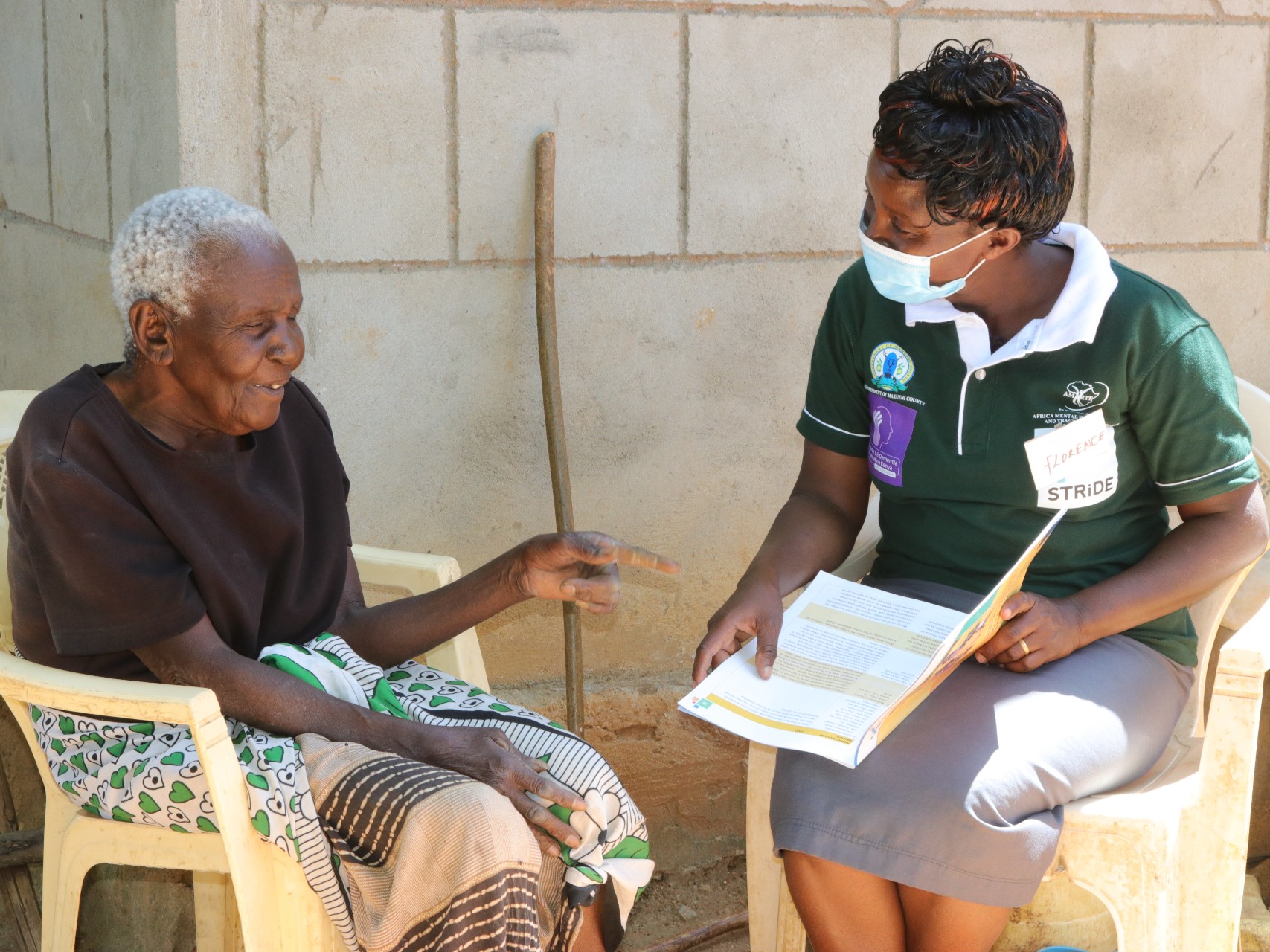
A new toolkit which aims to tackle the stigma faced by people living with dementia has been launched by STRiDE(1), a project led by the Care Policy and Evaluation Centre (CPEC) at the London School of Economics and Political Science (LSE) in partnership with Alzheimer’s Disease International (ADI), Dementia Alliance International and partners in Brazil, India, Indonesia, Jamaica, Kenya, Mexico and South Africa.
Over 55 million people worldwide were living with dementia in 2020. This number will almost double every 20 years, reaching 78 million in 2030 and 139 million in 2050. The growing number of people with dementia can be attributed to, in part, by increasing life expectancy in low- and middle-income countries.
The toolkit, Don’t Forget I’m Human – Stopping dementia stigma, provides a set of practical tools and- resources, which can be used in a variety of settings, to help people think about the impact of stigma on people living with dementia and their care partners, and how to actively challenge and change it. This toolkit can help support people living with dementia, care partners and advocacy groups, as well as health professionals.
People living with dementia and their families experience disproportionate stigma and discrimination. Results from the largest ever global survey led by ADI and the LSE on dementia-related stigma found 84 per cent of people living with dementia reported experiencing stigma and discrimination in at least one area of their life.
This toolkit highlights the experiences of people from Brazil, India, Indonesia, Kenya, Jamaica, Mexico and South Africa and contains anti-stigma strategies and activities that can be adapted widely to other countries.
It focuses on first-hand testimonials of people living with dementia and their care partners, sharing the consequences and impact stigma has had on their lives. These case studies, in written and video format, also show tangible ways that people have overcome stigma and how they were empowered to live rich and fulfilling lives (2).
Sara Evans Lacko, Associate Professorial Research Fellow at CPEC, LSE said: “People often describe the consequences of stigma as being as challenging as the condition itself. At the individual level, stigma can undermine a person’s life goals, reduce their participation in meaningful life activities and worsen their quality of life. At the societal level, it can influence policy and reduce funding allocated to care and support.”
Wendy Weidner, Head of Research and Publications at ADI said: “Stigma remains the most difficult barrier globally to accessing timely diagnosis and post-diagnostic care for people with dementia and their families. This has to change. This toolkit provides clear steps that can raise awareness and change attitudes. It is time to change the way we think about dementia and – most importantly – how we treat and care for people who are living with the condition and those who care for them.
“A world without stigma requires both top down and grassroots approaches. This involves changing unfair policies and practices, as well as harmful social norms which are embedded in communities.”
The kit includes summaries of evidence-based anti-stigma programmes developed for Kenya and Brazil.
In rural Kenya researchers worked together with people living with dementia, care partners and the community to develop an anti-stigma programme. Community health workers were trained to reach out to the community, promote social inclusion and empower people living with dementia and their carers to confront stigma. A key component of the programme is ‘social contact’ where people living with dementia and their care partners from the community share personal stories of dementia. The programme teaches participants how to encourage behaviour change and become advocates for reducing stigma and discrimination
Within the pilot evaluation the researchers measured attitudes towards dementia before and one-month after the intervention was delivered to the general public. We found a 10 per cent reduction in the belief that people living with dementia are dangerous more often than not and a 23 per cent increase in participants agreeing that ‘people with dementia are a good source of knowledge’. This was complemented by qualitative interviews.
One participant said: “What struck me most about dementia is that it’s a disease. Over time we believed it wasn’t a disease. [Initially] We thought people had been bewitched or were simply foolish.”
The toolkit is a collaborative effort developed by people living with dementia, carers, advocates and researchers involved in STRiDE. This includes the voices of people from Brazil, India, Indonesia, Kenya, Jamaica, Mexico and South Africa, in addition to the UK.
People can share the toolkit by using the hashtag #DontForgetImHuman